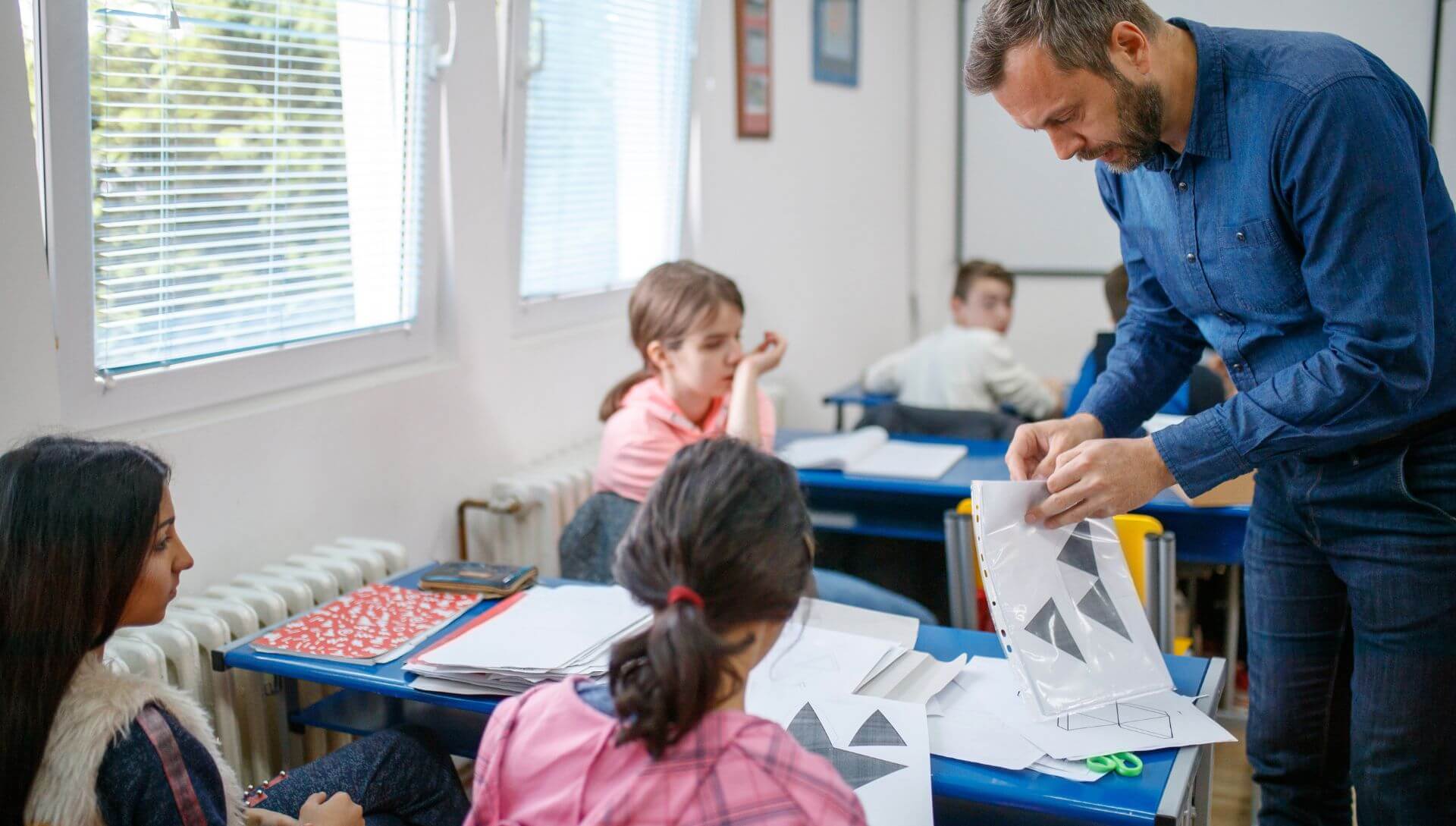Understanding the Role of a Special Education Coach
A special education coach plays a crucial role in the educational journey of students with disabilities. Unlike traditional teachers or tutors, these professionals provide personalised support tailored to the unique needs of each student. Their primary objective is to facilitate academic progress, enhance social skills, and promote independence within the educational environment. By focusing on individualised education plans (IEPs) and adapting curriculum materials, they ensure that students receive the appropriate level of support to thrive academically and socially.
Qualities and Skills of an Effective Special Education Coach
Empathy and patience are foundational qualities that distinguish an effective special education coach. Understanding the diverse challenges students face, these professionals cultivate a supportive environment where every achievement, no matter how small, is celebrated. Adaptability is another critical skill, as it allows coaches to modify teaching strategies and interventions based on the student’s progress and evolving needs. Behaviour management skills are equally essential, enabling coaches to maintain a positive learning atmosphere conducive to growth and development.
Challenges Faced by Special Education Coaches
Navigating the complexities of diverse learning needs is one of the primary challenges faced by special education coaches. Each student brings a unique set of strengths and challenges, requiring coaches to continuously assess and adjust their strategies. Balancing academic goals with social and emotional development can be demanding, as coaches strive to foster independence while providing necessary support. Professional development plays a pivotal role in overcoming these challenges, equipping coaches with updated strategies and techniques to better serve their students.
Effective Strategies and Approaches Used by Special Education Coaches
Special education coaches employ a variety of strategies tailored to individual student needs. These may include multisensory learning techniques, differentiated instruction, and structured routines that provide predictability and security. Collaborative approaches involving teachers, parents, and therapists ensure a holistic support system that addresses all aspects of a student’s development. Individualised education plans (IEPs) serve as roadmaps, outlining specific goals and strategies to achieve academic success while promoting personal growth and independence.
Benefits of Hiring a Special Education Coach
The benefits of hiring a special education coach extend beyond academic achievement. Students experience increased confidence and self-esteem as they master new skills and overcome challenges with personalised support. Parents benefit from peace of mind, knowing that their child’s educational needs are being met in a nurturing and inclusive environment. Schools see improved overall outcomes, with reduced dropout rates and enhanced inclusivity within the student body. Ultimately, the presence of a dedicated special education coach contributes to a more equitable and supportive educational experience for all students.

